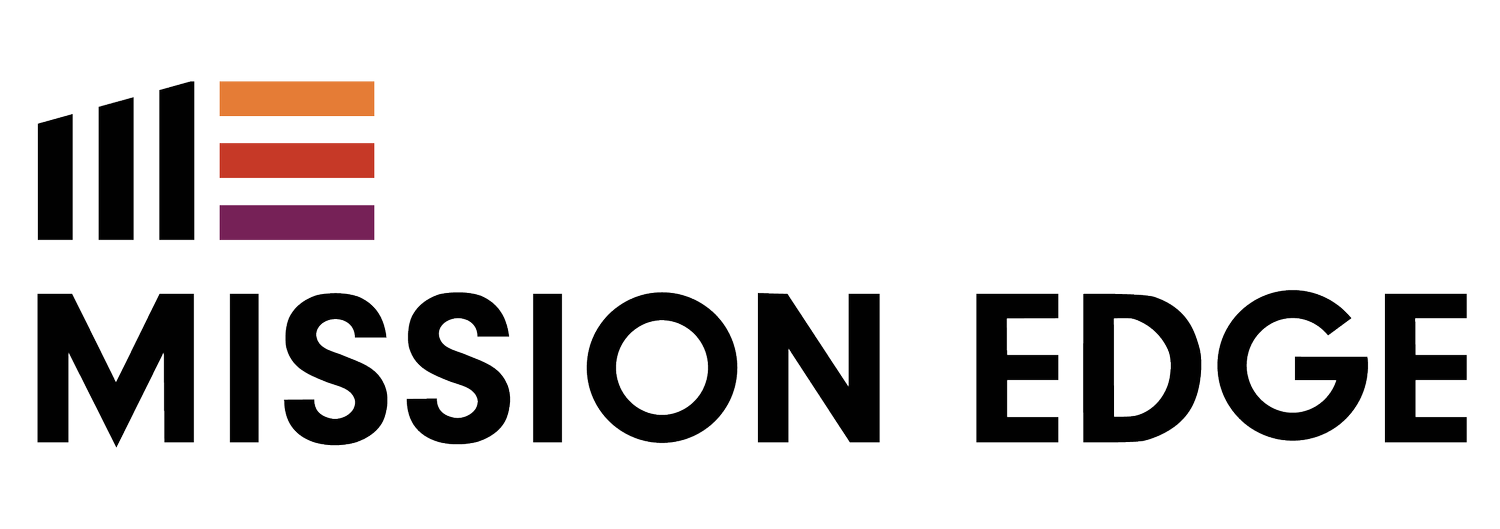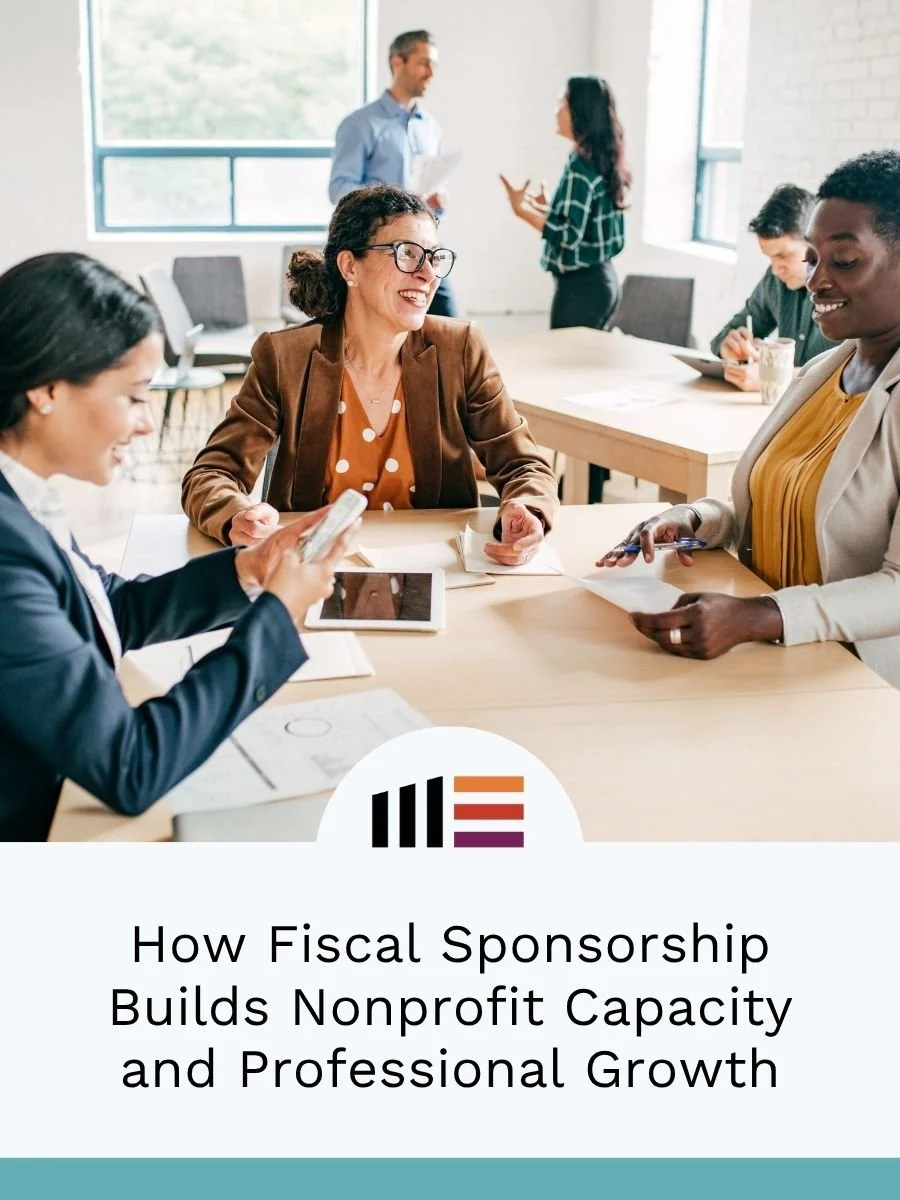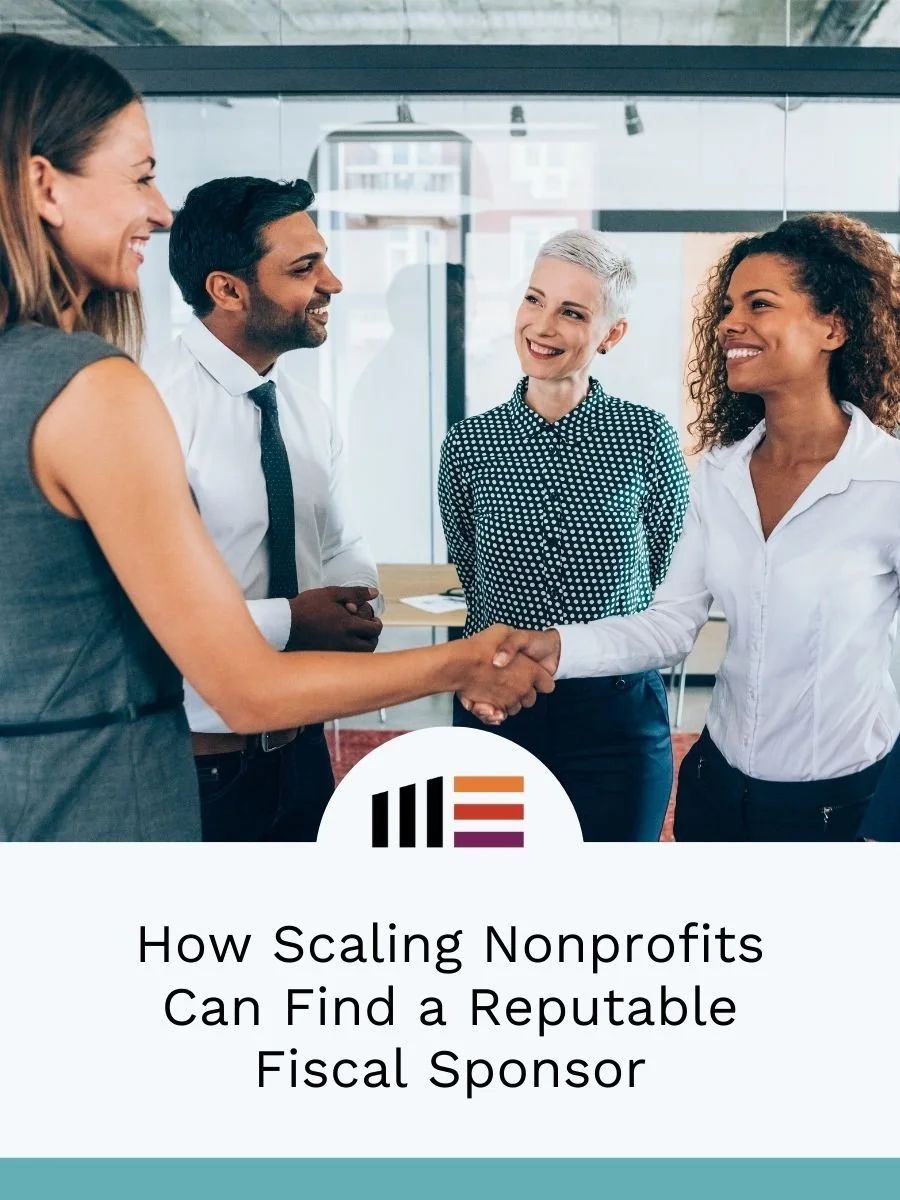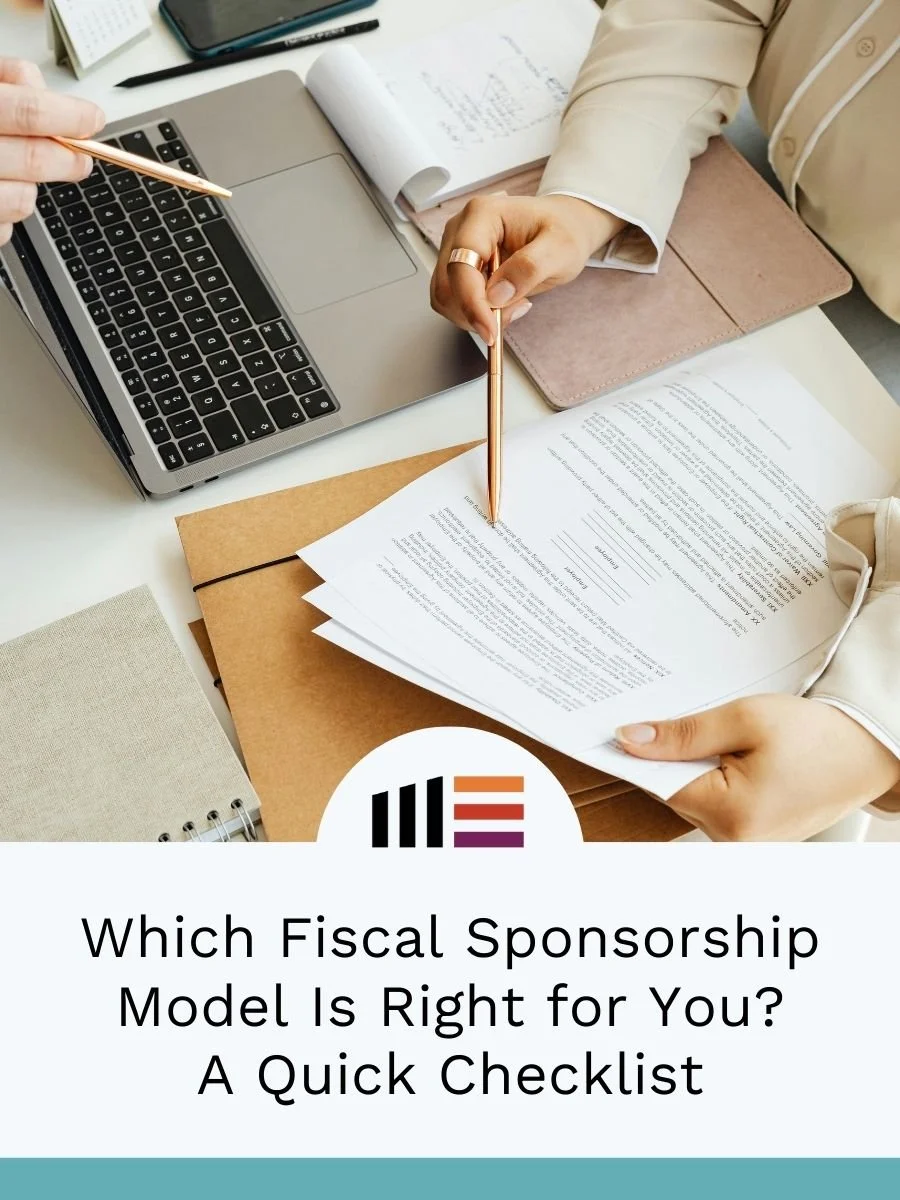The Role of Fiscal Sponsors in Navigating Advocacy and Lobbying for Nonprofits
The role of a fiscal sponsor can be confusing for those who aren’t as familiar with the term. Sure, fiscal sponsorship can be limited to financial management and administrative support. But it can also expand into areas like advocacy, compliance in lobbying, and navigating federal and state laws.
In this article, we’ll discuss the role a fiscal sponsor might play in advocacy and lobbying work.
But first, let’s make sure we’re on the same page about the difference between lobbying and advocacy, and why it’s important to know the difference.
Lobbying vs. Advocacy
Advocacy is when an organization attempts to bring about change in public policy without specifically lobbying for or against legislation.
It's about raising awareness, educating the public, and supporting causes in ways that don’t directly influence legislation. Picture a group working to raise awareness about homelessness by creating informative campaigns and hosting public forums. They’re advocating for change, pushing for a societal shift in how we view and address homelessness, but they’re not directly attempting to influence legislation.
Lobbying, on the other hand, is more direct. It involves activities aimed at influencing legislation.
For example – a nonprofit calls on lawmakers to support a bill that makes housing more affordable. It's a hands-on approach to change, involving direct engagement with legislators and urging a specific outcome on legislation.
Understanding the difference between lobbying and advocacy is important, because the legal boundaries for each are different. Nonprofits have a green light to advocate broadly, but when it comes to lobbying, the lights are more yellow. This is when it’s important to understand the rules and limits.
Nonprofit Lobbying Misconceptions
One of the most common misconceptions is that nonprofits cannot engage in lobbying. However, that’s not true. Nonprofits can and do lobby. However, the key is moderation and compliance. The IRS stipulates that lobbying cannot constitute a "substantial part" of a nonprofit's activities.
But what does "substantial" mean?
It's a gray area, and requires careful navigation to avoid jeopardizing tax-exempt status. One way to protect your nonprofit from this subjective gray area is to fill out an expenditure test (more on this in the next section). A fiscal sponsor can also help you navigate those gray areas.
Another common myth is that lobbying is too risky for nonprofits because it may alienate supporters or draw unwanted legal attention. While these concerns are valid, they often overshadow the significant benefits lobbying can have in advancing a nonprofit's mission. With the right guidance and adherence to legal boundaries, lobbying can be a powerful tool for change.
Fill out Expenditure Test to Quantify Your Lobbying Efforts
Charitable nonprofits can fill out an expenditure test, or IRS Form 5768, which allows them to quantify their lobbying efforts in dollars, rather than the more ambiguous "substantial part" test. This offers clearer boundaries and greater confidence in compliance.
According to the National Council of Nonprofits, “the expenditure test has great advantages over the more uncertain ‘substantial part’ test. Indeed, in the opinion of informed attorneys and accountants, filing the 501(h) election is, for the vast majority of nonprofits, the easiest, most effective ‘insurance’ a nonprofit can secure to protect itself from overstepping IRS limitations on lobbying activities.”
Federal laws, alongside varying state regulations, form a complex web that governs how nonprofits can engage in lobbying.
Understanding these laws is crucial to ensure that efforts to influence policy do not cross into prohibited territory. If your charitable project could use help with this, a fiscal sponsor can step in.
The Fiscal Sponsor's Role in Ensuring Compliance
Fiscal sponsors can take on the responsibility of legal compliance and already have experts in place who know how to navigate the complex gray areas associated with lobbying. This allows organizations to focus on their advocacy work without the constant worry of legal missteps. A fiscal sponsor will offer guidance on how much a nonprofit can spend on lobbying activities, ensure accurate reporting to government agencies, and help in understanding the nuances of state laws, which can vary dramatically.
Moreover, fiscal sponsors can empower nonprofits to engage in lobbying by providing a stable, compliant foundation from which to advocate for their causes. This partnership can amplify the voice of your nonprofit, making your lobbying and advocacy efforts not just heard but also legally sound.
Mission Edge’s Fiscal Sponsorship can Help you Navigate Compliance in Lobbying
Fiscal sponsors like Mission Edge play a pivotal role in supporting nonprofits in their advocacy and lobbying efforts. By ensuring compliance with legal boundaries, we can help your organization focus on your mission instead of worrying about staying compliant.
If your organization is passionate about making a difference and considering advocacy or lobbying, remember, you don't have to go it alone.
With a fiscal sponsor, you can march towards change with confidence, backed by a partner versed in the art of compliance and advocacy.
















